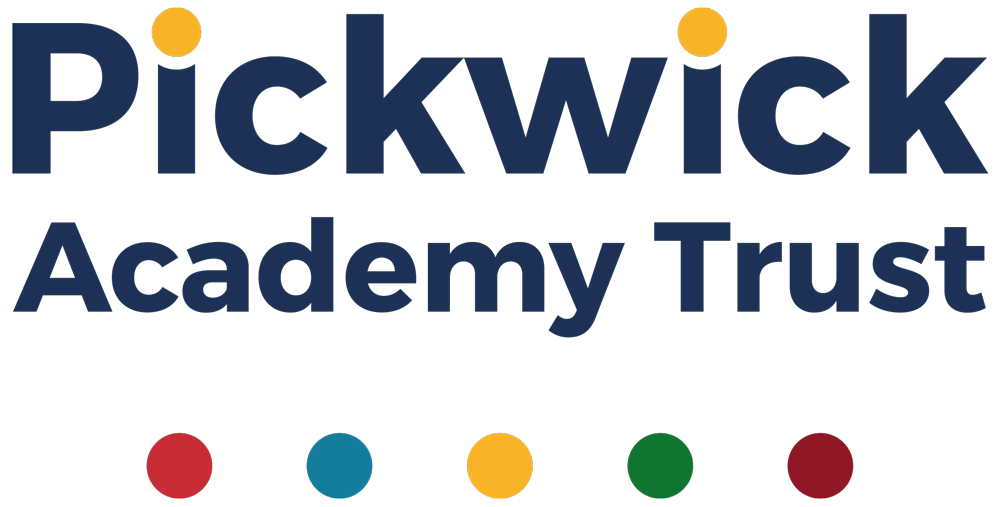Science
At Ivy Lane our main aim is to foster a sense of excitement and curiosity about science whilst increasing children's awareness and understanding of the world around them. We believe that science is central to many aspects of life and that children should be encouraged to look at the world as scientists.
Science is taught as part of our enquiry based Curious City Catalyst Curriculum. Throughout the year children encounter Science as either a lead or supporting subject.
Across Key Stage 1 and 2, science focusses on three main aims taken from the National Curriculum:
• develop scientific knowledge and conceptual understanding through the specific disciplines of biology, chemistry and physics
• develop understanding of the nature, processes and methods of science through different types of science enquiries that help them to answer scientific questions about the world around them
• are equipped with the scientific knowledge required to understand the uses and implications of science, today and for the future
IMPLEMENTATION
At Ivy Lane we endeavour to ensure that children are able to….
- Learn Science through lessons which build upon prior knowledge though a progression of skills to ensure all children have a secure understanding and knowledge of key science concepts.
- Develop skills to be able to investigate concepts through questioning and exposure to practical experiments
- Develop as aspirational learners who have an awareness of the key role that science plays within our community and the world and the opportunities that this creates for future careers
Through the teaching of Science we want to encourage our children to be self-motivated, independent, curious and resilient learners through taking an enquiry based approach to lessons
This is achieved through...
- Our enquiry led curriculum.
- The planning of activities where children can ask and answer questions surrounding a range of different areas of science
- Inspiring and exciting our children with engaging practical sessions which are enriched with visits and visitors
- Giving children opportunities for outdoor learning to create meaningful experiences within the natural environment
- The planning of Science days throughout the year to encourage deeper investigation and promote curiosity
- A focus on developing children’s scientific vocabulary to support them to explain what is occurring, predict how things will behave, and analyse causes
EARLY YEARS
In Early Years, children learn about similarities and differences in relation to places, objects, materials and living things through a mix of investigations, sometimes set up by adults but sometimes initiated through the children’s own curiosity about the natural environment. We promote discussions about the features of their own immediate environment and how environments might vary from one another. They also make observations of animals and plants and explain why some things occur, and talk about changes, including growth and decay in plants.
KEY STAGE 1
In Key Stage 1, teachers focus on giving children the opportunity to experience and observe phenomena, looking more closely at the natural and humanly-constructed world around them. They use scientific enquiry to promote children’s curiosity and questioning. Children begin to use simple scientific language to talk about what they have found out and record their findings which supports their understanding before they move into Key Stage 2.
KEY STAGE 2
In Key Stage 2, children begin to broaden their scientific understanding of the world around them and develop a deeper understanding of a wide range of scientific ideas. This is done by exploring, talking about, testing and developing ideas about everyday phenomena and the relationships between living things and familiar environments. In Key Stage 2, they start to encounter more abstract ideas and begin to recognise how these ideas help them to understand and predict how the world operates.
Alongside this, children start to ask their own questions about what they observe in experiments and from this start to develop an understanding of which scientific enquiry method are the most appropriate to answer set questions. The children then start to undertake a scientific approach in drawing conclusions based on data and observations, use evidence to justify their ideas, and use their scientific knowledge and understanding to explain their findings.





